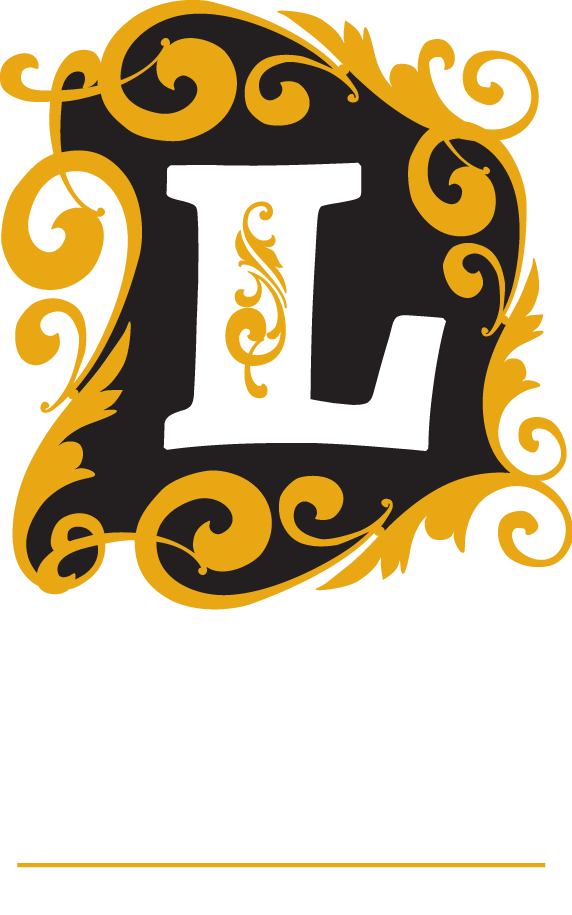Turning Off The Light
I’ve been in the coffee business for a long time. To the extent I’ve ever done anything of substance, this is it. Now, the coffee business is to the epicurean food world what a Vespa is to a Ducati. Same genre, way less gravitas. It’s entry level culinary work, mostly. Most of the time, we coffee people feel like outsiders, looking in on the high end culinary world in all its glory, uninvited to the main party. And unlike many other of these types of dynamics, where one’s perspective isn’t shared by those on the other side of the fence, the culinary world largely also looks on us coffee people as, well, the weirdos on Vespas. They tolerate us, because every so often some pesky client insists on drinking coffee after a nice meal, but that’s usually the extent of it.
They have a point. Coffee, despite the best efforts of the third wave movement to convince everyone otherwise, is a relatively simple product to prepare, even well, and is ultimately more a ritualistic than an occasional or celebratory experience. If you doubt me, take a road trip to Cut and Shoot, Texas, realize there’s no latte-art coffee to be had anywhere, and then watch yourself go to the local Denny’s and get a black cup of coffee, drown it in CoffeeMate, and enjoy it, because you have to. That’s not how an amuse-bouche at a Michelin starred restaurant works. If you’re not at the Michelin starred restaurant, then you don’t expect an amuse-bouche. You order a Grand Slam and an orange juice - fully expecting to pay for them - and wait to get back to San Francisco, where your friendly Michelin chef will send you all the amuse-bouche you want, gratis. With coffee, on the other hand, you’re going to get some, even if it’s East Texas hotel swill made in that plastic device they install next to the toilet in your room.
One thing we do have in common with the gastronomic artisans of the broader culinary world however, is a predilection for the weird, a culture of rebellion, of spitting in the wind and ducking, to prove to the world that we’re fast enough, and smart enough, to pull that off. The coffee world, like the rest of the restaurant industry, has always been a place where a certain type of misfit can go, meet other misfits, consume a lot of alcohol, cigarettes and other things that people in polite society stay away from, and in so doing find a commonality with his or her fellow beings, and a place of comfort, of refuge from the storm.
Anthony Bourdain spoke to that thread in the lives of those of us who have made our way in the world on the vehicle of this industry. It was a deep and powerful connection. He gave us a voice, a voice that carried further than most of us could project. He told our story, and shared with us the stories of other people in lands faraway and next door, people who were on the same journey as us. He made us look cool, and more importantly, he helped us believe that what we do is meaningful, whether it be creating culinary masterpieces at Le Bernardin, or pulling a really great shot of espresso and pouring a beautiful latte with it.
I’m profoundly sad today. Bourdain validated a great deal of my own sense of place in this industry, and some measure of that validation passes with the man, in this way, and at this time. We all rise again, but there’s a weary weight today, a sense that this cuts deeper, that it’s different this time.
Thanks, Anthony Bourdain. Peace be with you.
-M

